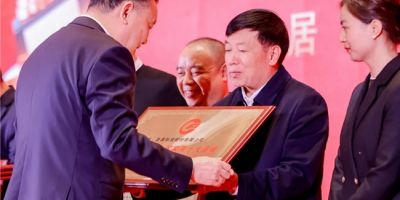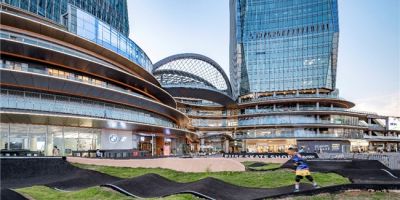梅賽德斯-奔馳于1969年推出了C111概念車,隨后推出了一系列四個概念車,從萬克爾旋轉(zhuǎn)發(fā)動機到柴油和渦輪增壓,所有這些都是德國汽車制造商的革命性產(chǎn)品。Vision One Eleven的概念旨在重新奪回C111,更新原來的圓滑的車身為21世紀的動力總成相匹配。Vision One Eleven采用了梅賽德斯的“One- bow”設(shè)計語言,形成了一個雕塑般的車身,窗戶逐漸消失在鷗翼門中,并采用了類似的3D像素主題尾燈處理。前后車燈面板可以隨時改變,從頭燈和剎車燈到幾乎任何類型的設(shè)計或文字。內(nèi)飾與外觀一樣令人驚嘆,座椅上覆蓋著銀色鉆石縫制的內(nèi)飾,像素化屏幕橫跨整個機艙。英國公司YASA,現(xiàn)在為梅賽德斯所有,提供了驅(qū)動Vision One - 11的軸向磁通電機,世界上一些最快的電動超級跑車和超級跑車都使用了這種電機。梅賽德斯沒有給出是否會看到生產(chǎn)的跡象,但預(yù)計汽車的細節(jié)過濾下來,未來的生產(chǎn)模式。





Mercedes-Benz introduced the C111 concept car in 1969, leading to a series of four concepts that explored everything from Wankel rotary engines to diesel and turbocharging, all in a package that was nothing short of revolutionary for the German automaker. The Vision One Eleven concept aims to recapture the C111, updating the original's sleek bodywork for the 21st century with a powertrain to match. The Vision One Eleven uses Mercedes' "One-Bow" design language, resulting in a sculptured body with windows that fade into the gullwing doors, with a similar 3D pixel-themed rear light treatment. The front and rear light panels can change on the fly from head and brake lights to nearly any kind of design or text. The interior is no less stunning than the exterior, with seats covered in silver diamond-stitched upholstery and a pixelated screen that spans the width of the cabin. British firm YASA, now owned by Mercedes, provided the axial-flux motors that power the Vision One Eleven, used by some of the fastest electric super and hypercars in the world. Mercedes gave no indication of whether the One Eleven will see production, but expect the car's details to filter down to future production models.









